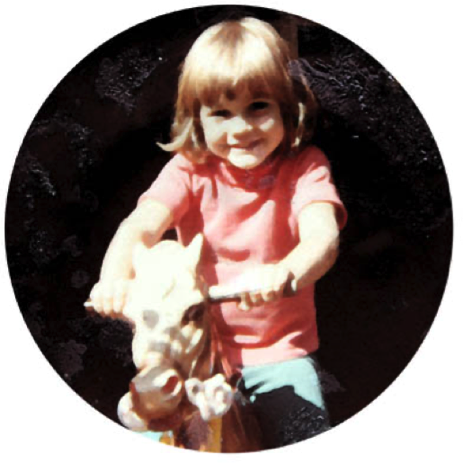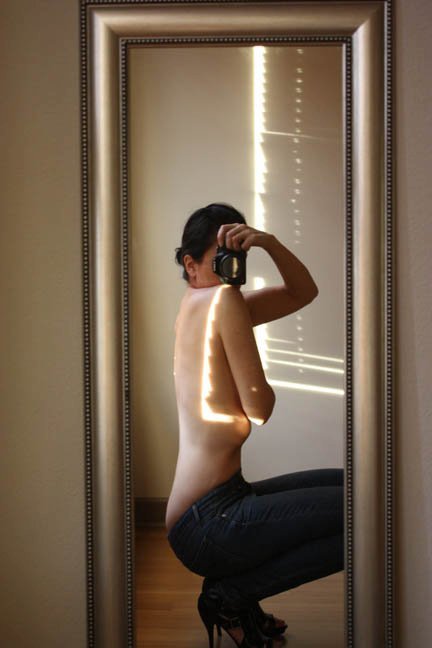This is part 2 of “Fuck You, Pay Me,” an ongoing series of posts on writing, editing, and publishing.
INTRODUCTION
Twenty years ago, in 2003, I published a short story collection (fiction), You’re a Bad Man, Aren’t You?, through an independent small press book publisher. This year, in 2023, I published a memoir (nonfiction), Data Baby: My Life in a Psychological Experiment, through one of the Big Five traditional book publishers. What was the difference? Here I explore the pros and cons of each. (Note: For the sake of this post, I’m considering indie publishing to include small presses and traditional publishing to include the Big Five; these days, some people define indie publishing as only self-publishing, but that is not the case in this post.)
1. CONTROL
Indie: As I recall it, some time in 2003, I believe, I reached out to the founder of a small publisher of quirky books. By that point, I had been publishing weird short stories in print and online literary outlets, and I had amassed a decent sized pile of such over time. Enough for a collection. I reached out to the small press publisher, sent him my stories, and after awhile he responded, yes, he wanted to publish them as a small collection. In my memory, there was not a lot of editing, which was something that made me happy. A manuscript was created. I guess I reviewed it? I can’t really remember. The title of the book is the title of one of the stories. I seem to recall there was an earlier version of the cover I didn’t like, but then I think the same cover artist came up with the one you see in the photo above, which I liked. Eventually, the book was published. I was happy with how it turned out. I was proud. The book represented who I was.
Traditional: One thing about traditional book publishing that stands out in marked contrast to my previous experience with an independent publisher was that a large number of people were involved in the former. This time, there was an agent and the shopping of a book proposal to editors and meetings with people. There was a contract, an attorney, a team. I sold the book on proposal, and then I had to write it. I am not a team player; I do best creating on my own. The weight of being under contract to write a book that a publisher wanted me to write was considerable. This pressure caused a log-jam in the creative process in my head. Time dragged on. Finally, I hired a freelance editor who helped me finish the book. Did I write the book I wanted to write? That’s hard to say. Did I feel like I was in control of the creative process? Not all the time. Did I feel happy that I was done with the book? Yes, but I wasn’t so sure the book was me. A friend called it “Susannah light.”
2. MARKETING
Indie: Maybe my short story collection came out in September or thereabouts of 2003. Right around that time, I moved from Los Angeles to New Orleans, which in terms of the book was probably a stupid thing to do. I seem to remember having a profile written about me in the New Orleans weekly and I think there were some positive reviews and some guy who lived in Portland or something reviewed it and said reading my book was like being trapped next to an old woman drunk in a dive bar who would not shut up and the fact that I still remember that is a real testament to the negativity bias. I’d had a popular blog, but I think I had torn it down at that point, as I like to think of a life well lived as a let the bridges I burn light my way kind of a performance piece, and social media wasn’t a thing yet. The book came out, and I was pleased with it. By that point, I was working on a novel set in the porn industry, and I had, you know, as writers do, kind of moved on.
Traditional: Depending on who you ask, you may be told that either the big publishers no longer have the money to market every book or the big publishers are no longer interested in marketing books unless you are Stephen King or James Patterson or Colleen Hoover. I understood that for my memoir, I would be doing a fair amount of self-promotion. This was to be done mostly on social media or on a platform owned by someone else or in some other public forum. The idea was to flog the book by any means necessary. So I did. A long time ago I was a publicist, so I did all the things I could do to promote the book. The publisher did what they did, and I did what I did, and some good things came out of it, which are all here, but include a New York Post profile and a Slate essay I wrote and a starred review in Publishers Weekly and being a celebrity book club pick and I think there’s something else I’m forgetting. It was like being a busker: It was exhausting.
3. BUSINESS
Indie: I have no idea how the money worked with my short story collection, which is exactly as it should have been because I didn’t really care. The fictional short stories I wrote were strange and filthy and twisted. They featured pornographers gone wild and a woman who pretended be a lamp to sate the sexual desire of her partner and one guy who wanted to eat a woman. That’s all I cared about: the writing, the literary-iness, the creative expression. I don’t think I particularly cared who read it or why or what they thought about it. I do know that at a certain point the book sold out, and if you want to buy a copy today you’ll have to pay $1,085.62. As an enterprise, this was an exercise in privileging art over commerce. I did not regret it.
Traditional: When I signed the contract with my publisher, I got an advance. That advance was chopped up into multiple smaller amount payments. I also spent money during the course of working on the book: on the freelance editor, on messing around with boosting some posts about the book on Instagram, and on sending copies to various people. The book itself as a product is very pretty; of this, I am very sure. It has a lovely cover, and it feels nice to the touch. This book is very much an object; that’s how I see it. This object was created by a capitalist machine that spits out books the way a tuna canning factory spits out cans of tuna. Is my memoir a book or a can of tuna? Am I book or a can of tuna? Some days, I am not entirely sure of the answers.
CONCLUSION
I guess what I have found is that distinctions between different types of book publishing are by and large arbitrary and mostly wrong and generally manufactured. I have come to believe that independent book publishing and traditional book publishing and self-publishing are mostly all the same. I am of the mind that a book is not a book or a can of tuna but a mirror, that people do not write books for no one but to be read, and that the person who the author writes the book for is the author. Comparing and contrasting distribution models and marketing budgets and jacket design is mostly irrelevant. Because in the end the only thing that matters is when you hold up your book, do you see yourself—or do you see someone else?
Buy My Book I About | Blog I Newsletter I X I Instagram I LinkedIn I Consulting I Email























